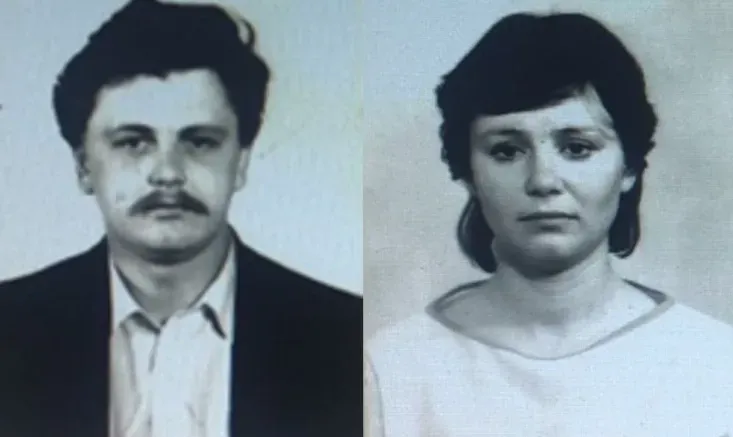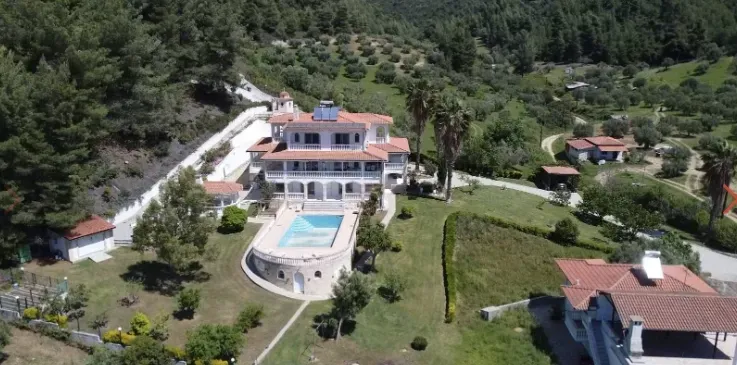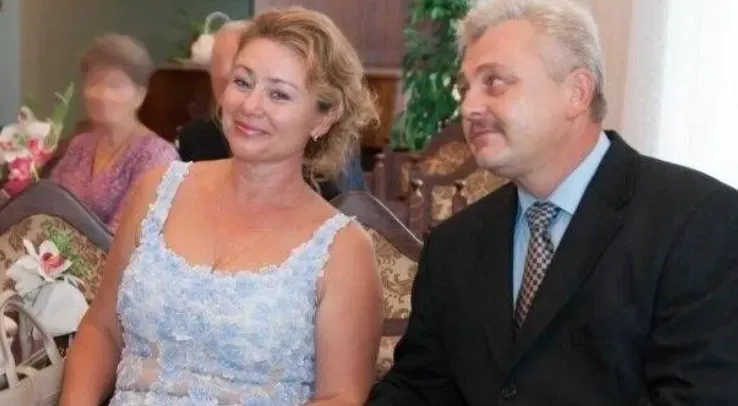A former Russian military officer and his wife from Kiev organized sabotage in Europe - The Insider
Kyiv • UNN
According to the investigation, Russian military intelligence coordinated a series of bombings and poisonings in Europe with the help of a family of Russian illegal spies with Czech citizenship.

A series of bombings and poisonings in Europe, organized by a military unit of the gur rf, were coordinated with the help of a family of Russian illegal spies with Czech citizenship, according to an investigation by The Insider, writes UNN.
Nikolai Shaposhnikov graduated from the Baku Military Command School, fought in Afghanistan for three years, and in 1985 married Elena, a Kiev woman who was the daughter of a Soviet officer. From 1987, Shaposhnikov served three years in Czechoslovakia. In 1989 he was expelled from the CPSU for "repeated thefts of gasoline and batteries from the army."
In 1990, he was discharged from military service (formally for health reasons) and sent as a reservist to Kiev, where his wife's family lived. Less than a year later, right after the Soviet troops left the country, Shaposhnikov returned to Czechoslovakia and asked for political asylum there. After several refusals, Nikolai still obtained Czech citizenship in 1999; Elena received a Czech passport in 2004.

In the early 2000s, Shaposhnikov took a job with Imex, a company that dealt in arms sales. Its head, Peter Bernatik, was a former secret agent of the Czechoslovakian state security apparatus.
As noted in the journalists' investigation, it was Imex that was the tenant of the warehouses in Vrbetice where the October 2014 explosions took place.
In 2009, the Shaposhnikovs purchased a giant villa on the picturesque Halkidiki peninsula in Greece. The purchase price, according to The Insider, was 275,290 euros. Elena Shaposhnikova later told investigators that she financed the investment with "her parents' money," which would have been difficult for a seventy-year-old couple living in Kiev on a pension of less than $300 a month. The Shaposhnikovs moved to Villa Elena in 2010 and have visited the Czech Republic only occasionally since then.

According to the newspaper, apparently, the main guests of the villa were not tourists, but members of the GRU unit 29155, which began to fly regularly to Thessaloniki (just an hour's drive from the villa), as soon as the Shaposhnikovs settled in Greece. In particular, and the commander of unit 29155, General Averyanov. According to The Insider, at least four other members of military unit 29155 flew to Thessaloniki between 2012 and 2018. Also on April 25, 2014, GRU officer Alexei Kapinos flew to Thessaloniki on a diplomatic passport.
The day before, three members of the GRU 29155 cover military unit arrived in Bulgaria, where local businessman Emelian Gebrev would be poisoned. The businessman told The Insider that the Shaposhnikovs met him back in 2012 and actively pushed for communication, although they had no common business projects.
As The Insider previously reported, at the time of the poisoning, Gebrev was considered a supplier of ammunition for the Ukrainian army. Two sources involved in Ukraine's arms procurement at the time told The Insider that immediately after Gebrev's poisoning, Mykola Shaposhnikov offered Ukrainian government buyers a "reliable replacement" for Gebrev. Ukraine never purchased from the supplier suggested by Shaposhnikov because of the unsatisfactory quality of his product.
Czech police investigators found that Elena Shaposhnikova had e-mailed General Averyanov important information about upcoming arms deals, discovered by her husband as part of his work at Imex. In cases where the GRU decided that the shipments were harmful to russian military interests, unit 29155 used this information to sabotage these companies by blowing up ammunition slides or organizing the poisoning of their executives, such as Gebrev. On at least three occasions, the Shaposhnikovs - likely with the assistance of Imex executive director Peter Bernatik Jr. - provided physical access to storage facilities operated by Imex to allow GRU officers to install remote-controlled detonators.
Initially, Czech investigators presented the Shaposhnikovs with a number of suspicious coincidences indicating that their meetings and communications with GRU officers were linked to the bombings in the Czech Republic and Bulgaria. In the course of several interrogations conducted through representatives of the Greek and Bulgarian authorities, they constantly changed or supplemented their testimony. Their main argument in favor of their innocence was that all their connections with members of Unit 29155 were "personal" or due to legitimate business interests Imex.
The couple accused the Czech authorities of politically persecuting them because of their Russian origin and insisted they were accused of complicity in a non-existent crime because they claim the 2014 Vrbetice bombings were the result of an accident.

However, The Insider writes that travel and border crossing records indicate that Elena Shaposhnikova secretly obtained a Russian passport, a passport from a range of numbers reserved for members of Unit 29155.
Elena Shaposhnikova used this passport to travel between Greece and Russia at least twice: in December 2015 and December 2017. She booked her tickets on a Czech passport, so the Greek airline only had data on this document, but she crossed the border with a Russian passport, which obviated the need for a Russian visa.
According to The Insider, after Czech authorities became interested in the Shaposhnikov family, Nikolai died suddenly of a heart attack while awaiting arrest . Elena continues to insist that she is being persecuted because of her Russian roots and remains at large in Greece.